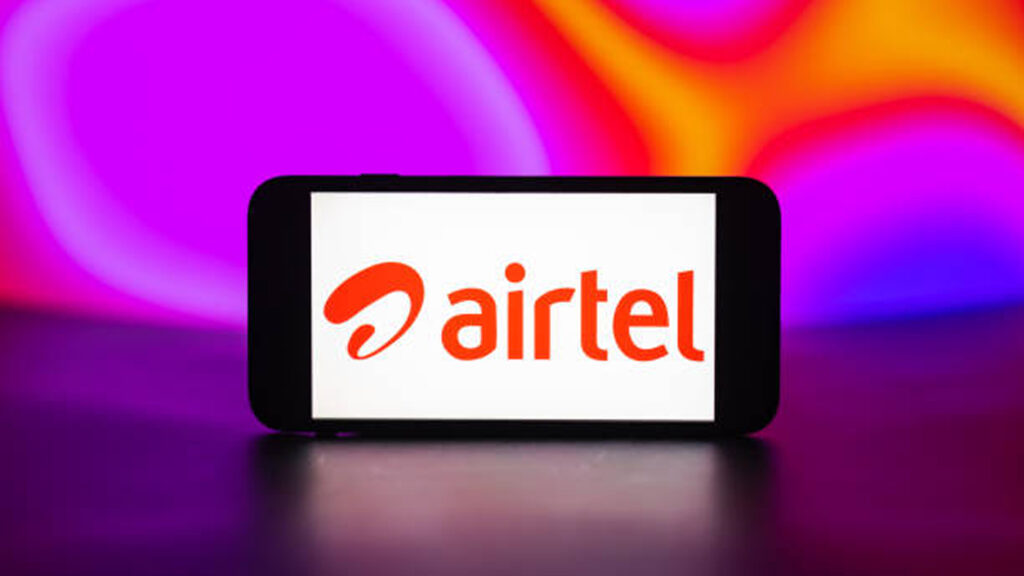What It Means for Consumers and the Telecom Industry

Airtel Nigeria has announced a 50% increase in the prices of its voice and internet plans, following a similar move by MTN. This decision has sparked debates about affordability, digital accessibility, and the broader implications for telecom users across the country. With millions of Nigerians relying on mobile data for communication, business, and education, the price hike raises concerns about the future of connectivity.
Why Are Telecom Prices Rising?
The rising cost of telecom services can be attributed to several factors, including inflation, foreign exchange volatility, and increasing operational expenses. Nigerian telecom companies depend on imported infrastructure and services, making them vulnerable to fluctuations in the naira’s value. Additionally, energy costs for maintaining network infrastructure have surged, adding to the financial strain on service providers. Given these challenges, operators argue that tariff adjustments are necessary to sustain network expansion and quality service delivery.
Impact on Consumers and Businesses
For everyday consumers, a 50% increase in telecom costs could limit access to essential digital services. Students who rely on affordable data for online learning and remote workers who depend on mobile connectivity for productivity may feel the strain. Small businesses and startups, many of which operate primarily online, could face higher operational costs, potentially affecting their profitability and customer reach. With digital adoption growing rapidly in Nigeria, higher telecom expenses could slow internet penetration and widen the digital divide.
What This Means for the Telecom Industry
While price increases may help telecom companies stay financially viable, they also pose risks in a competitive market. Consumers may seek cost-effective alternatives, such as Wi-Fi-based solutions or reduced data usage. Additionally, regulatory bodies like the Nigerian Communications Commission (NCC) may face increasing pressure to intervene and ensure fair pricing. The balance between maintaining industry sustainability and protecting consumer interests will be critical in shaping the future of Nigeria’s telecom landscape.
The Road Ahead: Affordability vs. Sustainability
As telecom operators navigate economic challenges, consumers and businesses will need to adapt to rising costs. However, the long-term impact will depend on whether these increases lead to improved service quality and better infrastructure investment. The conversation around affordability, competition, and digital accessibility will continue to evolve, influencing policy decisions and market strategies in the telecom sector.


